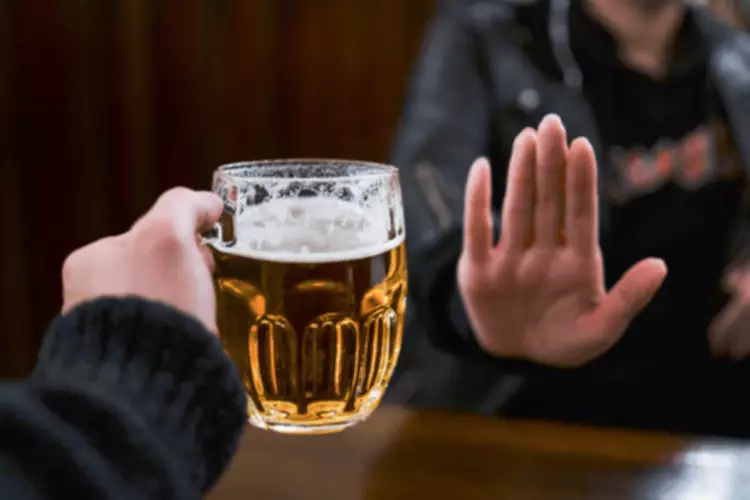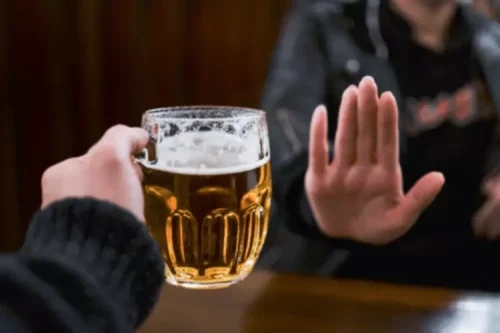What Does Alcohol Do to Your Body?

However, more research is needed to fully understand the link between alcohol and weight gain. Alcohol can affect many areas of your health, such as digestion and your ability to think clearly. As a result, alcohol may lead alcoholism treatment to a higher risk of gaining weight. Regularly drinking alcohol, especially in excess, can worsen these conditions, leading to weight gain and further complicating the body’s ability to regulate fat and sugar metabolism. This means that while your body is busy processing the alcohol, the nutrients and calories from solid foods are stored as fat. In essence, consuming alcohol can overshadow the benefits of nutritious foods and promote weight gain.
What is the ayurvedic diet? A beginner’s guide to doshas, foods to eat and more
However, alcohol impacts the critical stages of your sleep, such as deep and REM sleep. Remember, these effects are usually temporary, and the additional weight is often not from increased body fat, but from fluid and digestive changes. One of the main reasons alcohol has gotten such a bad rap is for this very reason. Many can’t control their alcohol and the choices they make afterward. So doctors are hesitant to recommend drinking alcohol at all for this reason. Alcohol can possibly trigger the Whoosh Effect if you’ve been dieting and exercising hard for a while.

Best Alcohol to Drink on a Diet

If you’d like to prevent weight gain and still enjoy drinking, try choosing lower-calorie alcoholic beverages and manage how much alcohol you consume. First of all, I think it’s important to establish that regardless of what research says about the benefits of alcohol, it’s never good or smart to start drinking for your health. You can benefit your body in boundless ways by eating a healthy diet filled with vegetables and some fruits that contain many of the same nutrients or benefit otherwise found in alcohol. Diet culture has long vilified alcohol as a major contributor to weight gain. This is one of the reasons sales of spiked seltzers, with their relatively low calorie counts, have increased so dramatically in recent years. But while alcohol is not exactly a health elixir, when it comes to its impact on weight, it’s not a guilty pleasure we should feel all that guilty about.
- This also goes for beer which is usually higher in carbs and starches.
- But even if you don’t consume massive amounts of alcohol, you could still be subjecting yourself to serious weight gain.
- Generally, you must consume fewer calories than you use to lose weight.
- However, more research is needed to fully understand the link between alcohol and weight gain.
High Blood Pressure (Hypertension)
This leads to decreased digestive secretions and movement of food through the tract. Sleep deprivation, whether from lack of sleep or impaired sleep, can lead to an imbalance in the hormones related to hunger, satiety, and energy storage. Plus, lower testosterone levels may affect quality of sleep, especially in older men. Alcohol lowers inhibitions and can lead to poor decision-making in the heat of the moment — especially when it comes to food choices.

Avoid high-calorie mixers; opt for seltzer or lime to add flavor without the extra does all alcohol make you gain weight sugars. Content on this website is provided for information purposes only. The State of Victoria and the Department of Health shall not bear any liability for reliance by any user on the materials contained on this website.
- Before Fong conducted research into this topic, she would advise those she worked with as a dietitian to cut calories by moderating their alcohol intake.
- Alcohol is also high in calories but lacks nutrients supporting good health.
- We’ll focus primarily on the factors contributing to (seemingly) rapid weight gain.
- Instead, the Dietary Guidelines for Americans advise that you drink in moderation.
- Force yourself to choose nutrient-dense food, lots of water, and get moving – even if it’s just a walk for fresh air.
A Simplified Scenario of How Alcohol Causes Weight Gain
If you drink every day, or almost every day, you might notice that you catch colds, flu or other illnesses more frequently than people who don’t drink. That’s because alcohol can weaken your immune system, slow healing and make your body more susceptible to infection. With continued alcohol use, steatotic liver disease can lead to liver fibrosis. Eventually, you can develop permanent and irreversible scarring in your liver, which is called cirrhosis. Even if you think you are “burning off” all the extra calories you drank last night by hopping on the treadmill for an hour or skipping out on dessert, it’s not quite as simple as that.
When to Use Mouthwash: Best Time of Day, Before or After Brushing, and More

For example, Simon says that alcohol can affect levels of reproductive hormones like testosterone and estrogen. That means, even if you skip the sugary cocktail, there are still plenty of calories in your whiskey neat. While your decision making is impaired, you might be more prone to eat foods you’d normally avoid, or even to give up on your healthy diet entirely, Wyatt says. Drinking alcohol can also lead you to make poor food choices.
Health conditions that cause weight gain
- When alcohol is consumed, the body breaks it down into energy before all other macronutrients, such as carbohydrates, proteins, and fats.
- If you’d like to prevent weight gain and still enjoy drinking, try choosing lower-calorie alcoholic beverages and manage how much alcohol you consume.
- Things like trouble concentration, slow reflexes and sensitivity to bright lights and loud sounds are standard signs of a hangover, and evidence of alcohol’s effects on your brain.
- First, alcohol contains a higher amount of calories per gram than both protein and carbohydrates.
- This blog post will discuss the truth about alcohol and weight gain.
Your body will stubbornly hold onto some water weight until there’s an influx of calories. Then your body will know that food is available to “flush out” what it’s been holding on to. Your body will prioritize burning the calories from alcohol first over other calories you consume from food. This means you will most likely store those additional calories as fat while your body is trying to clear the byproducts of alcohol calories (3).
- Intake of alcoholic beverages can also inhibit proper digestive function.
- This is the trick to drinking alcohol and still losing weight (10).
- Many people think that drinking makes them gain pounds, but that’s not always the case.
- Read on to learn more about how alcohol use affects you differently as you age and how you can still enjoy a drink or two on occasion without waking up with a nasty hangover.
- A registered dietitian can help you navigate the many dietary factors that influence weight, including calories from alcohol.
- When selecting alcoholic beverages, prioritize options with lower calorie content.
- That allows excess calories from the foods you eat to sit around, leading to weight gain.
How Does Alcohol Affect Weight Loss?
So to recap where we are currently, you’ve just consumed anywhere from 1,000-2,000 calories at the pub, and now you’re inhaling another 1,500-2,000 calories of high fat, high sodium food. Drinkaware has a wonderful, reality-inducing tool that lets you calculate exactly how many calories you’re consuming when you go for drinks. The calories in alcohol are “empty,” meaning they contain little to no beneficial nutrients or minerals. Alcoholic beverages are often high in empty calories, with about seven per gram. Most studies on alcohol’s effects on appetite have been conducted in animals. More human research is needed to understand how alcohol affects hunger.

Calories in What You’re Drinking
Familiarize yourself with standard drink sizes and set a maximum number for a given occasion. This proactive https://ecosoberhouse.com/ approach aids in controlling calorie intake and minimizes the risk of overconsumption. Many wonder if saying goodbye to alcohol will get rid of belly fat or the common beer belly.

Deixe um comentário